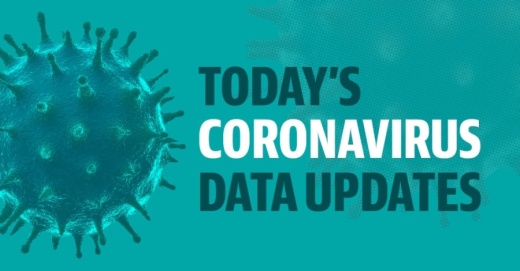The surge, which began after Halloween, more than doubled the number of lab-confirmed cases reported by the county within a three month window of time. There were 6,132 cases reported Oct. 30 and 15,858 reported Feb. 12.
Active hospitalizations of COVID-19 patients also saw a decline this week in both the county and Trauma Service Area O, which includes counties in the capital region. According to a Feb. 11 news release, there were 28 county residents hospitalized with the virus. It was the first time fewer than 30 residents had been hospitalized since mid-December. The total number of COVID-19 hospitalizations was 710 on Feb. 11.
TSA O continues to report a decreasing ratio of COVID-19 patients at area hospitals, which was 10.48% Feb. 10. Reports of deaths also saw a decline from January, which was marked as Hays County's deadliest month of the pandemic to date, with roughly two residents dying every day of the month on average.
So far, February has averaged 1.45 deaths every day, which is still above the pre-surge average of roughly one per day in October. A total of 202 county residents have died for reasons related to the virus as of Feb. 11.
For several weeks, the county has reported upward of 5,000 tests for the coronavirus every weekday, and 132,445 tests have been recorded by the Hays County Local Health Department since last March. Fast-spreading COVID-19 variant arrives in Hays County
Hays County announced the arrival of the U.K. strain of the coronavirus, dubbed B.1.1.7, on Feb. 10. A news release from Hays CISD issued later the same day confirmed the case was a student at Dahlstrom Middle School, which was closed to in-person learning for a 14-day period.
While the Centers for Disease Control and Prevention has said B.1.1.7 spreads more easily than the typical COVID-19 virus, uncertainty remains about whether it is more deadly.
The CDC said studies have so far shown currently authorized vaccines recognize known variants of the coronavirus, and more studies are underway to confirm their efficacy.





